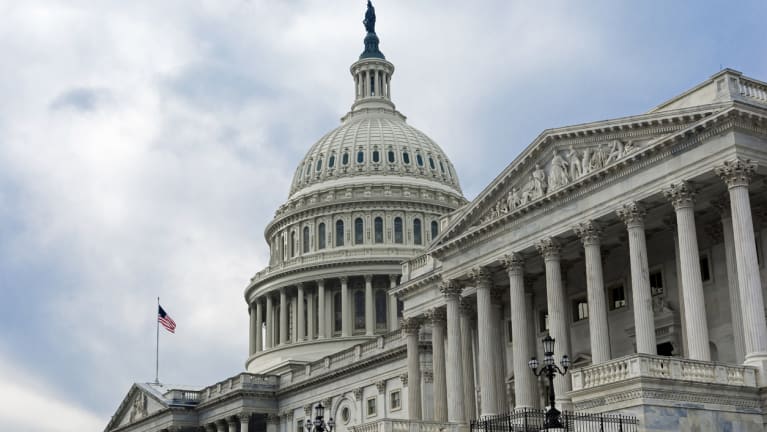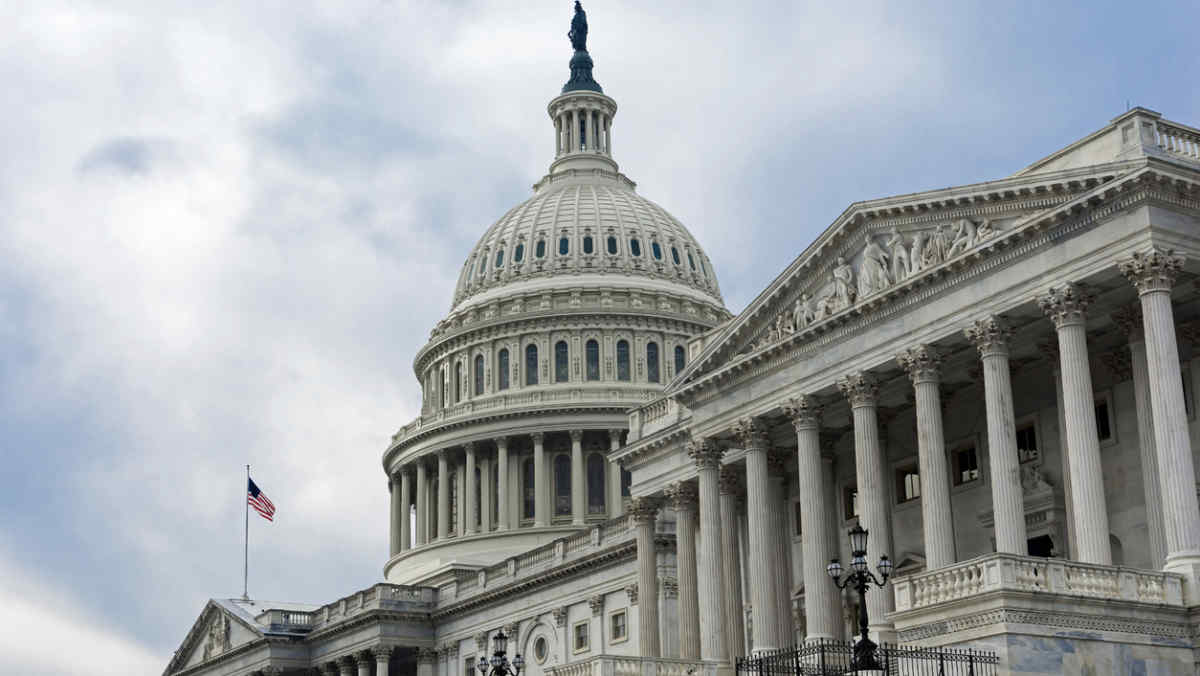

?Congressional lawmakers recently debated the National Labor Relations Board’s (NLRB)’s policy choices and contrasting legislative proposals that would impact employees’ union rights.
At a May 23 hearing with the U.S. House Committee on Education & the Workforce, [KK1] Congress members discussed a pro-union bill called the Richard L. Trumka Protecting the Right to Organize Act (PRO Act), which would:
- Replace secret-ballot union elections with card-check elections.
- Prohibit captive-audience meetings by employers to discuss union activity.
- Prohibit employers from hiring permanent replacements for strikers during an economic strike. Employers already may not use permanent replacements during an unfair labor strike or during a lockout.
- Streamline union election procedures.
- Supersede state-level right-to-work laws that say workers can’t be required to join a union or pay union dues as a condition of the job.
Lawmakers also discussed the proposed Employee Rights Act, which would:
- Emphasize that workers have a right to secret-ballot union elections.
- Require written permission from workers before an employer shares their personal contact information with a union.
- Prohibit unions from spending dues money on purposes not directly related to representation.
The discussion was split along partisan lines, with Democrats voicing concerns about employers’ union-busting activities and Republicans primarily worried about unions being too powerful.
Union Supporters
Reforms are needed because “organizing workers continue to face a slew of unfair labor practices by employers that take advantage of weakness in our federal labor law,” including firing union organizers, closing stores and reducing pay, said Rep. Mark DeSaulnier, D-Calif. “As a former union member, I know how critical labor unions have been and continue to be for workers and their families and our economy, not just for members of unions but for workers who benefit from labor unions who are not a member.”
Angela Thompson, general counsel for the Communications Workers of America, a labor union in Washington, D.C., said, “We should make the process of forming a union easier, not harder. The biggest problem standing in the way of free and fair representation elections is employer interference with worker decisions. In most organizing drives, workers face extreme intimidation from employers and hired anti-union consultants.”
She opposed captive-audience meetings called by employers to speak against unions. “Decisively prohibiting this type of coercion would go a long way in restoring worker freedom in representation elections,” she said.
Under the National Labor Relations Act (NLRA), employers cannot interrogate workers about their union activities or retaliate against workers for union organizing
“Labor unions are our most effective tool to ensure that all workers, union and nonunion, have a voice in the workplace,” DeSaulnier said. “Anyone who believes we can simply count on the good faith of every employer, particularly employers who are unscrupulous, to uphold their responsibility to workers is ignoring the reality that American workers face every day and is ignoring American history.”
Opposition to the PRO Act
The NLRB shouldn’t stop employers from discussing union issues at work because that’s a violation of employers’ free speech rights under the U.S. Constitution, said Philip Miscimarra, a former chair of the NLRB who is now an attorney with Morgan Lewis in Washington, D.C.
Rep. Lloyd Smucker, R-Pa., said, “It can be good or bad on either side. The most important concept is employees should have the choice. They should be able to get the information they need.”
In efforts to stop captive-audience meetings, NLRB General Counsel Jennifer Abruzzo is “disregarding the plain text of the NLRA and Supreme Court precedent in order to tilt the scales in favor of unions and undermine employee free choice,” said Rep. Tim Walberg, R-Mich.
With card-check elections, employees sign authorization cards stating they want a union, and the cards are submitted to the NLRB. If more than 50 percent of the employees signed cards, the employer can voluntarily recognize the union.
Aaron Solem, a staff attorney at the National Right to Work Legal Defense Foundation in Springfield, Va., said secret-ballot elections “protect against intimidation. During card-check campaigns, someone can be solicited over and over again until they finally give in and say, ‘I’ll just sign the card.’ “
Rep. Rick Allen, R-Ga., said, “Secret-ballot elections are more reliable gauges of employee free choice when compared to card-check organizing campaigns.”
